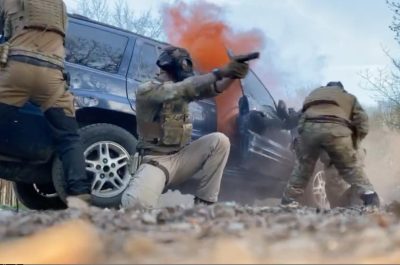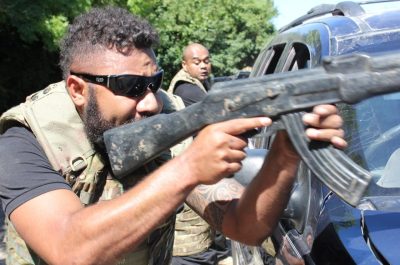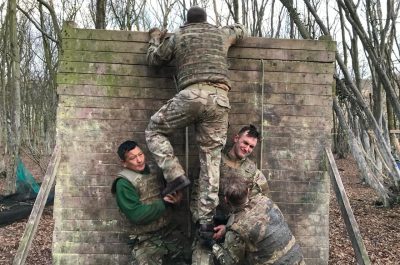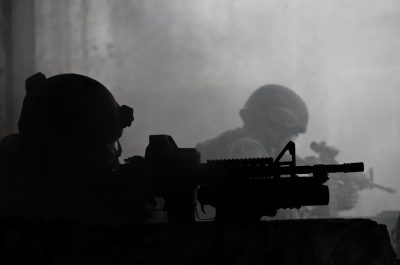Strategic Threat Solutions
ProQual Level 4 Award in Hostile Environment – Firearms and Tactics
ProQual Level 4 Award in Hostile Environment – Firearms and Tactics
Couldn't load pickup availability
WHO IS THIS COURSE FOR?
COURSE INFORMATION
ENTRY REQUIREMENTS
Candidates must be aged 18+ and hold or be working towards a level 3 qualification in close protection.
It is advised that learners have a basic level of written and verbal literacy in
English.
Here's a breakdown of what HEFAT training typically entails:
Firearms Training: HEFAT programs often include intensive firearms training, focusing on proficiency with a variety of weapons commonly used in hostile environments, such as handguns, rifles, and shotguns. Participants learn marksmanship, weapon handling, and tactics for engaging threats in different scenarios.
Tactical Skills: Participants are trained in tactical maneuvers and techniques for navigating hostile environments. This includes movement under fire, room clearing, vehicle operations, and small unit tactics. Training also covers principles of cover and concealment, situational awareness, and communication during high-stress situations.
Medical Training: HEFAT training typically includes basic medical training to address injuries and medical emergencies in the field. Participants learn techniques for treating gunshot wounds, managing trauma, and administering first aid in challenging environments where professional medical care may be limited or unavailable.
Hostile Environment Awareness: Participants are educated on the specific threats and challenges they may encounter in hostile environments, including terrorist threats, criminal activity, improvised explosive devices (IEDs), and hostile surveillance. Training emphasizes risk assessment, threat mitigation strategies, and personal security measures.
Psychological Preparedness: HEFAT training also addresses the psychological aspects of operating in hostile environments, including stress management, resilience, and coping strategies for dealing with trauma and adversity.
As for career prospects, HEFAT training can lead to various career paths, including:
Military or Law Enforcement Special Operations: HEFAT training is essential for personnel serving in special operations units tasked with conducting missions in high-threat environments, such as counter-terrorism operations or hostage rescue missions.
Private Security Contracting: Many private security companies require HEFAT-trained personnel to provide security services for clients operating in conflict zones, including government agencies, NGOs, media organizations, and corporate entities.
Journalism and Media: Journalists and media professionals working in conflict zones often undergo HEFAT training to enhance their safety and security while reporting from dangerous areas. This training enables them to navigate risks and threats while covering sensitive stories.
Humanitarian Aid and Disaster Response: Humanitarian workers and disaster response teams operating in volatile regions may undergo HEFAT training to prepare for the unique challenges of delivering aid in hostile environments, such as conflict zones or natural disaster areas with limited infrastructure.
Overall, HEFAT training equips individuals with valuable skills and knowledge to operate safely and effectively in hostile environments, opening up opportunities for careers in various fields where security and risk management are paramount.
Share








